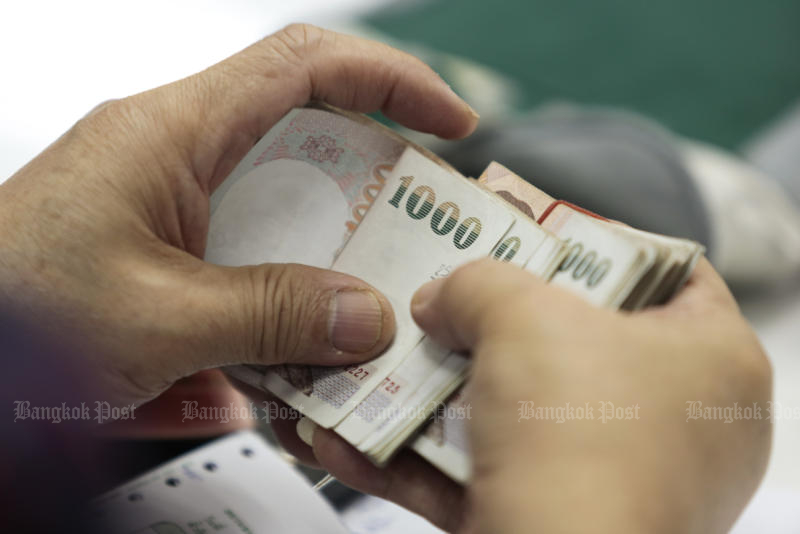
Foreign investors withdrew money from Asian bond markets for the third consecutive month in June amid concerns the increasing trade friction between the United States and China could disrupt the region's economic growth.
Data from central banks and bond market associations showed foreigners sold a total of US$1.9 billion of bonds from India, Indonesia, Thailand, South Korea and Malaysia in the last month.
This year, the US has announced tariffs on steel and aluminium imports affecting an initial $34 billion of Chinese trade. It is also threatening another round of tariffs on an additional $200 billion of Chinese goods.
Asian countries play a major role in China's supply chains and any disruption to its trade tend to affect regional bond and equity markets as a whole.
In June, Malaysian bond markets led with $1.65 billion of foreign sales, while Indian bonds saw a $1.6 billion outflow due to concerns over its high inflation and trade deficit.
However, Indonesian markets fared better, with reduced outflows thanks to the central bank hiking its policy rate by a total of 100 basis points in six weeks, between May 17 and June 29.
"There has been proactive action from the central bank in this cycle and that helps," said Salman Ahmed, chief investment strategist at Lombard Odier Investment Managers.
"We think once outflows subside, Indonesia stands to benefit given very high real rates due to low inflation."
On the other hand, South Korean bonds saw inflows of $1.85 billion in the last month.
Khoon Goh, ANZ's head of Asia research, said that outflows would decrease in coming months as policymakers have started taking steps to prevent outflows.
"We might still see some volatility in capital flows in the region, But we are unlikely to see the sort of sizeable outflows that we witnessed in the last few months," Goh said.